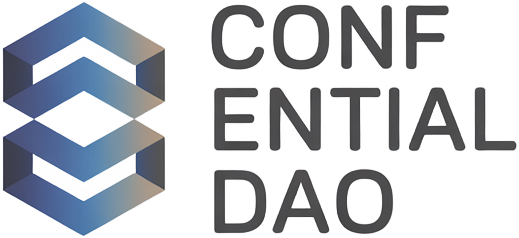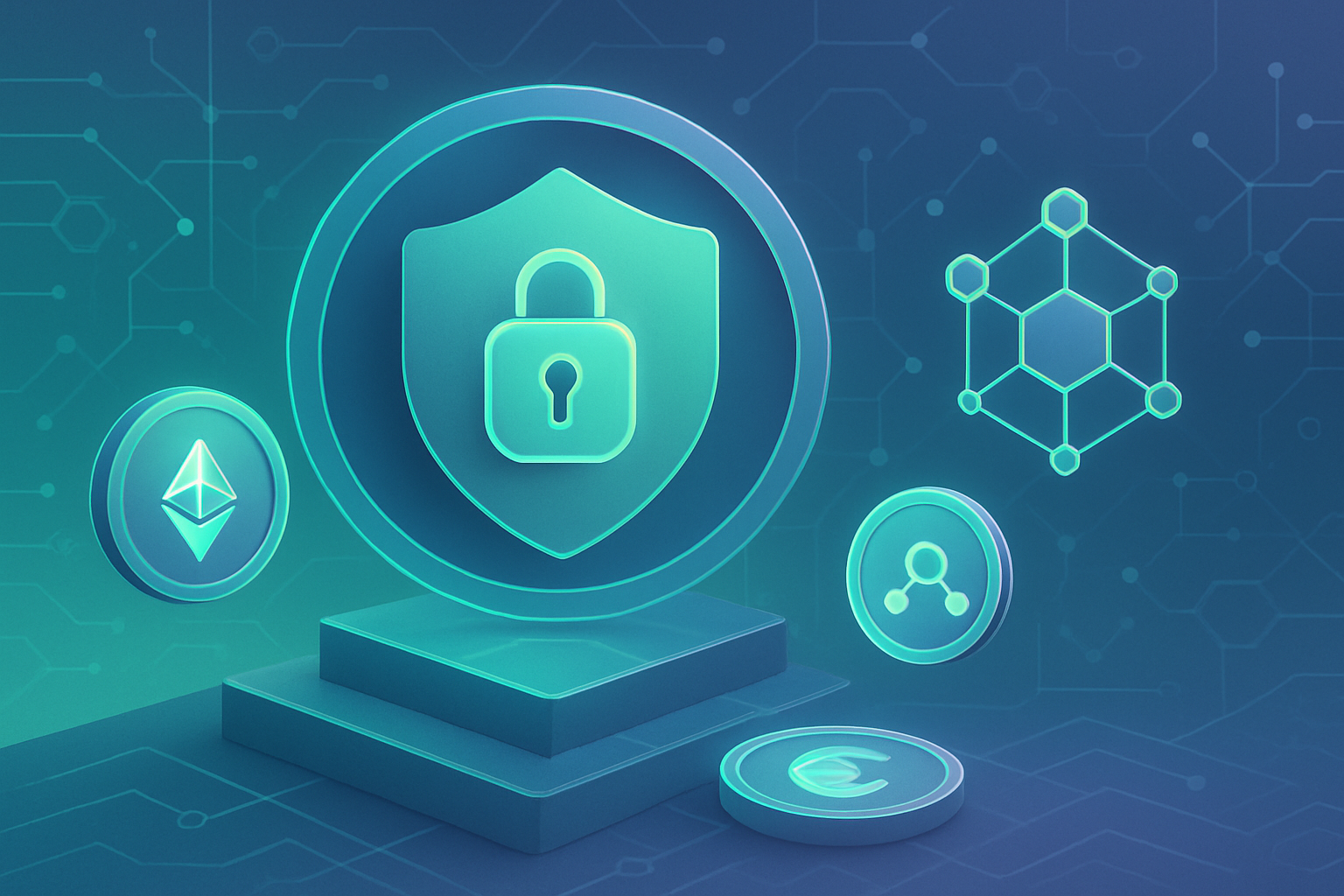
Imagine a world where you can shape the future of your favorite DAO without anyone knowing how you voted, who you delegated to, or even which proposals you’ve weighed in on. This isn’t just a privacy enthusiast’s dream – it’s now achievable thanks to zero-knowledge proofs (ZKPs). As DAOs mature and handle more sensitive decisions, the need for confidential DAO governance is skyrocketing. Let’s dive into how ZKPs are revolutionizing private decentralized governance and what it takes to implement these blockchain privacy tools.

Why Privacy Matters in DAO Governance
The ethos of decentralization is built on transparency – but there are moments when transparency can backfire. Public voting records can expose members to external pressure, targeted lobbying, or retaliation. That’s why leading DAOs are exploring zero-knowledge proofs for confidential voting, balancing openness with individual safety and organizational security.
Zero-knowledge proofs allow one party (the prover) to convince another (the verifier) that they know a secret or meet a criterion without revealing any underlying information. In DAO governance, this means:
- Anonymous Voting: Cast votes privately so no one knows your choices, but everyone can verify that votes are legitimate.
- Private Membership Verification: Prove you’re eligible to participate without exposing your wallet address or identity.
- Confidential Delegation: Delegate your voting power without revealing the delegatee’s identity.
This paradigm shift is already taking root. For example, the CIL Private DAO leverages ZKPs to maintain voter anonymity while proving vote validity, and platforms like zkFi enable privacy-preserving membership checks across multi-chain protocols.
The Core Applications: Anonymous Voting and Beyond
The most immediate win for DAOs using zero-knowledge proofs is anonymous voting. Instead of every vote being public on-chain (and thus easily traceable), ZKP-based systems encrypt votes so no outside party can read them – yet everyone can trust that results are accurate. This approach is gaining traction with implementations like MACI (Minimal Anti-Collusion Infrastructure) where encrypted ballots are tallied using ZKPs for verifiable results without compromising privacy.
ZKPs also unlock new models for private delegation of voting power. Protocols such as Kite let members delegate or revoke votes confidentially, reducing the risk of power concentration or undue influence based on public relationships. These advances mean DAOs can preserve member autonomy while still ensuring robust accountability through cryptographic verification.
The Technical Blueprint: How DAOs Implement Zero-Knowledge Proofs
You don’t need to be a cryptography wizard to appreciate the engineering behind these systems – but it helps to understand the moving parts if you’re building or upgrading a DAO.
- Smart Contracts with ZKP Verification: Modern DAOs deploy smart contracts that integrate ZKP verification mechanisms directly into their governance modules. These contracts validate membership credentials or votes without exposing sensitive data.
- ZKP Circuits: Developers design custom circuits tailored for tasks like verifying if someone holds a certain token balance or has passed KYC checks – all without leaking any actual numbers or identities.
- User Interfaces: Next-gen UI/UX lets users interact with ZKP-enabled features seamlessly, so privacy doesn’t come at the cost of usability. Imagine casting an encrypted vote with just one click!
This technical foundation supports not only confidential voting but also regulatory compliance and secure asset transfers within DAOs. If you want an actionable deep dive into integrating these tools, check out our guide on implementing zero-knowledge proofs for private DAO governance.
But technical innovation alone isn’t enough. DAOs must also navigate the real-world trade-offs that come with deploying advanced privacy solutions. Zero-knowledge proofs are powerful, but they introduce fresh challenges that every DAO builder and participant should understand.
Overcoming Obstacles: Performance, Complexity, and Trust
Implementing ZKP-based governance isn’t plug-and-play. One major hurdle is computational overhead: generating and verifying proofs can be resource-intensive, especially for large-scale DAOs with thousands of members or high-frequency voting cycles. The good news? Recent advances in proof systems, like zk-SNARKs and zk-STARKs, are making ZKPs faster and more scalable each year.
The second challenge is complexity of implementation. Integrating ZKPs into smart contracts requires specialized cryptographic knowledge. That’s why middleware solutions like zkFi are gaining momentum, they abstract away much of the complexity, letting DAOs focus on governance logic rather than cryptographic plumbing.
Finally, there’s the human element: trust in cryptographic systems is earned over time. Members need to understand how their privacy is protected and what guarantees exist against manipulation or backdoors. Transparent audits, open-source codebases, and clear user education are essential for fostering confidence in confidential governance models.
Top Challenges & Solutions for ZK Proofs in DAOs
-
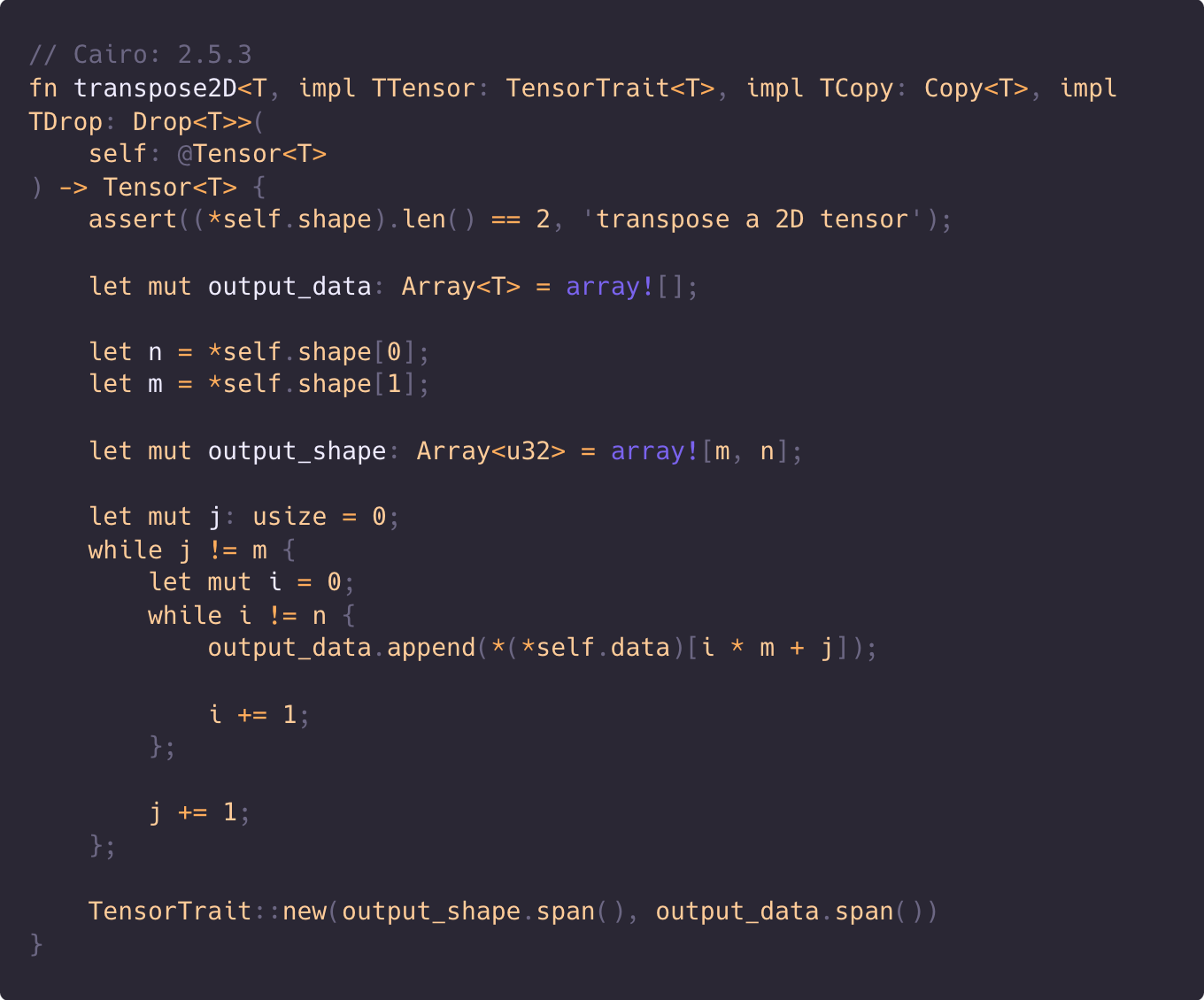
Computational Overhead: Generating and verifying zero-knowledge proofs can be resource-intensive, slowing down DAO operations. Emerging Solution: Protocols like zkFi are optimizing ZKP protocols, enabling faster proofs and more efficient on-chain verification.
-
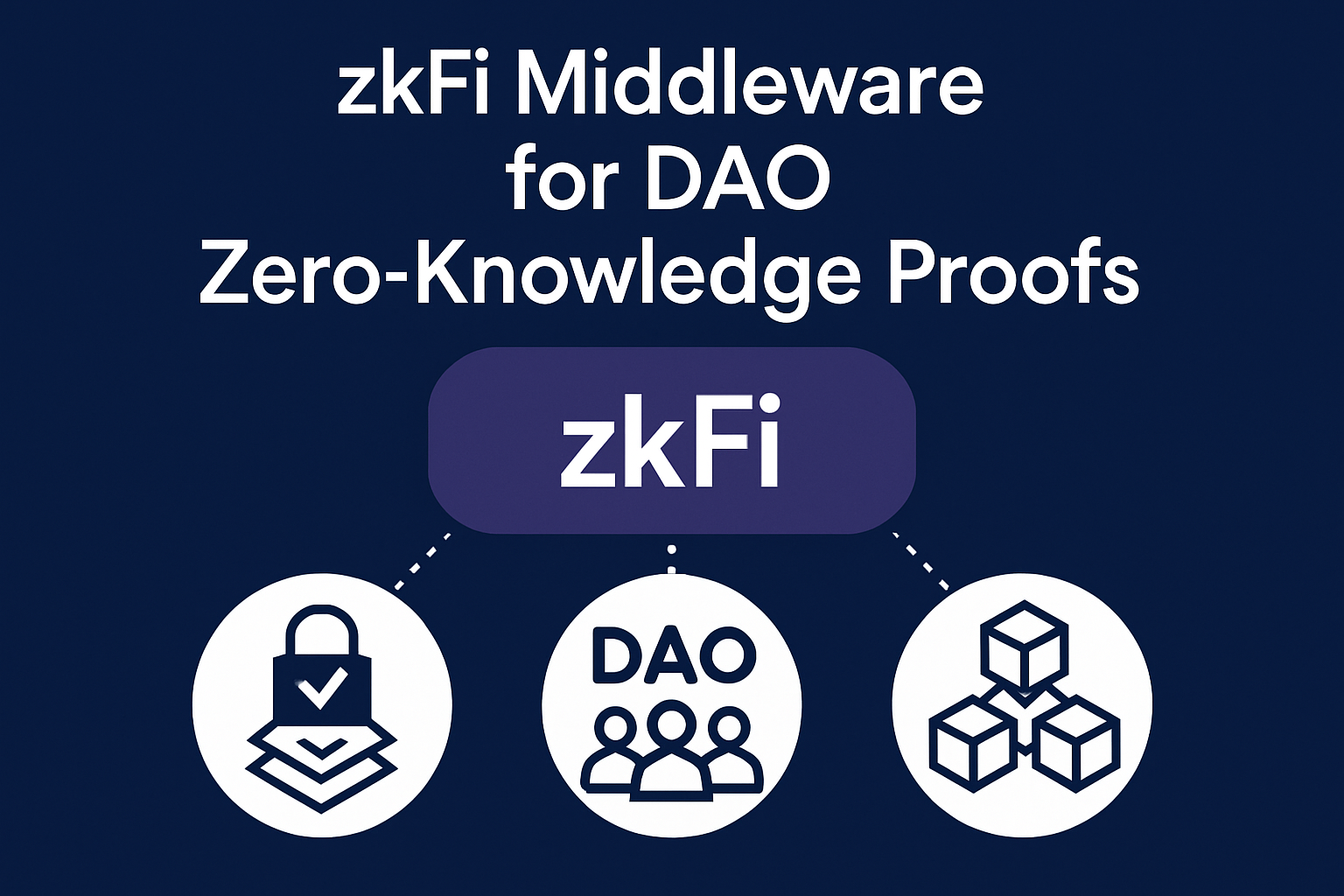
Complexity of Integration: Implementing ZKPs into DAO smart contracts requires specialized cryptographic expertise. Emerging Solution: Middleware platforms such as zkFi provide developer-friendly toolkits, simplifying integration and reducing the barrier to entry.
-

Private Voting with Verifiability: Ensuring votes remain confidential while still being verifiable is a key challenge. Emerging Solution: Projects like CIL Private DAO leverage ZKPs to enable anonymous yet auditable voting processes.
-

Confidential Delegation of Voting Power: Allowing members to delegate votes without exposing delegate identities is complex. Emerging Solution: Protocols such as Kite enable private delegation, revocation, and re-delegation of votes using ZKPs.
-
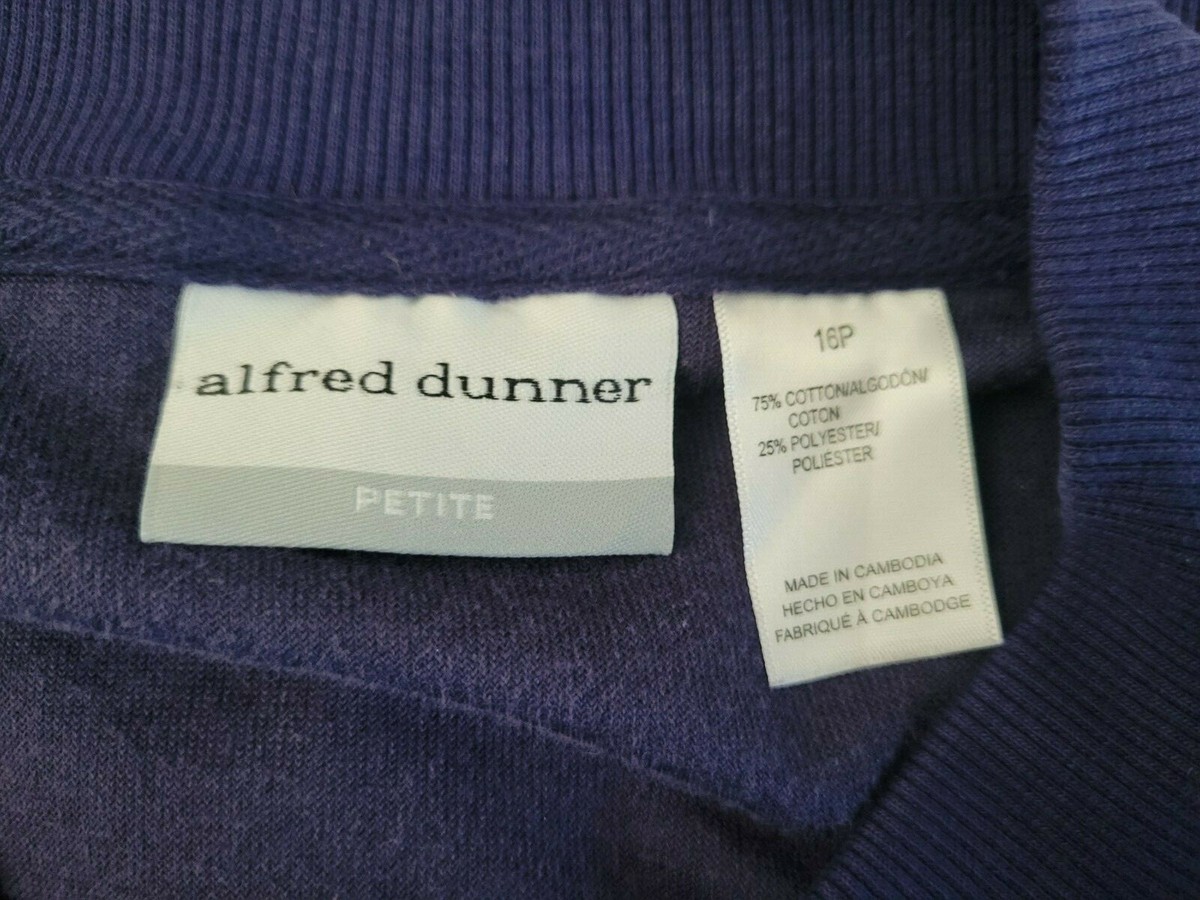
Membership Verification Without Privacy Leaks: Verifying DAO membership without exposing personal data is challenging. Emerging Solution: ZKP-powered systems like zkFi allow members to prove eligibility while keeping sensitive information confidential.
The Future of Confidential DAO Governance: From Theory to Action
The momentum behind zero-knowledge proofs for DAOs is undeniable. We’re witnessing a paradigm shift from all-or-nothing transparency to nuanced privacy controls that empower communities without sacrificing legitimacy or auditability.
What’s next? Expect to see:
- Wider adoption of ZKP-powered voting systems, especially as middleware platforms lower the technical barrier for new projects.
- Greater interoperability between privacy-preserving protocols, enabling cross-chain confidential voting and membership verification.
- A surge in regulatory-compliant DAOs, where members can prove eligibility (such as KYC/AML status) without exposing personal data on-chain.
- User-centric design improvements, making it effortless for anyone, from crypto natives to mainstream users, to participate privately in decentralized governance.
If you’re building a new DAO or upgrading an existing one, now’s the time to explore these tools. Privacy isn’t just a feature, it’s quickly becoming a baseline expectation for serious decentralized organizations. For actionable integration steps and best practices, check out our expanded guide on implementing zero-knowledge proofs for confidential voting in DAOs.
The bottom line? By thoughtfully integrating zero-knowledge proofs, DAOs can unlock secure, scalable, and private decision-making, fueling broader participation while defending against manipulation and surveillance. As cryptography matures alongside decentralized tech, expect confidential DAO governance to move from bleeding-edge experiment to industry standard.
